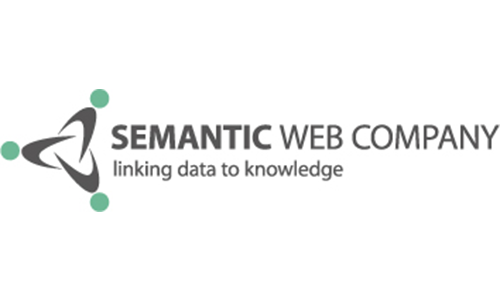Call for Papers
A growing body of literature has shown that financial literacy is among the most important determinants of financial well-being, and that differences in financial knowledge acquired early in life can explain a significant part of wealth inequality during retirement. Meanwhile, financial technology (FinTech) is revolutionizing the financial services industry at an unrivalled pace. From mobile payments, robo-advising, app-based investing platforms, to online banking solutions, fintech developments have generated differing views regarding the potential impact that this pace of change is likely to have might have on personal financial planning, financial well-being and economic inequality.
Moreover, related literature emphasises the role of financial and other literacies as necessary 21st-century cognitive skills in an updated educational curriculum, which will enable individuals to better compete with artificial intelligence in the automation era. The role of financial institutions, corporations and entrepreneurs is important for the formation of supply-side solutions to the enhancement of financial literacy and the reduction of existing gaps across key demographic groups. Via the enhancement of financial capability, financial technology can support client protection and social performance targeting and measurement, as part of a wider responsible finance agenda. Start-ups and platforms using technology to simplify personal finance, streamline financial planning processes are not only building the next generation of financial tools, but also encouraging and facilitating financial education.
In the light of these major developments, the workshop aims to bring together academics, policy makers, practitioners and educators to discuss issues related to financial literacy, financial technology and their respective interactions. The aim of the workshop is to engage and inform the current educational and policy agenda regarding developments in financial-literacy research and the role of financial technology in enhancing financial capability within a responsible finance framework.






